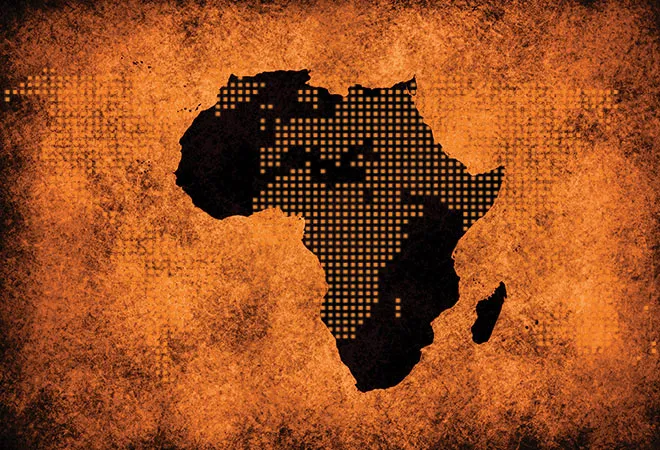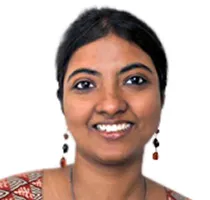
The African continent is often described as “the new frontier” for global growth. Indeed, most of the African countries have experienced high rates of economic growth in the last decade, and five of the world’s fastest growing countries of the world are in Africa. The continent has also made substantial progress in terms of peace and security, and democratic processes have grown stronger. Africa has about 600 million hectares of arable land and the world’s youngest and fastest growing population—together, these provide an ideal base for sustained, long-term growth.
Many other things work in Africa’s favour. For instance, unlike in the past, African governments now have the agency to chart out their own development pathways. Agenda 2063, the continental framework for socio-economic transformation, lies at the heart of Africa’s vision for the future. The first tenyear implementation plan has identified the following priority areas: continental free trade area; integrated high-speed rail network; African passport; silencing the guns by 2020; and free movement of people. According to Reginah Mhaule, the ratification of the continental free trade area was the most significant step towards African development. The continental free trade area presents a huge opportunity to alter the current trade paradigms by allowing African countries to restructure their economies to support industrialisation and value addition within Africa through regional value chains.
Although Africa is well-positioned to be the growth pole for the world economy, there is a high risk that extreme poverty will be concentrated in Africa by 2050. Though the high share of youth in Africa’s population presents many opportunities, Africa will not be able to reap its demographic dividend if it fails to invest in human resources. This is particularly important in the context of the fourth industrial revolution which requires a highly skilled workforce. Moreover, a young and growing population means Africa would need to create millions of jobs every year. This will be a key challenge for African governments because high growth in the last decade has largely been led by commodity exports. According to Stefano Manservisi, sustainable jobs can be created for African youth only through greater value addition within the continent. Development aid alone will not be sufficient to create well paying jobs in the manufacturing sector for Africa’s youth. There is a need to de-risk private investment and augment the capacity of the private sector to invest in Africa. India’s experience is also relevant for African countries. In India, the spread of public sector banks and development finance institutions played an important role in industrial development. Africa must also strive to create an effective banking system to mobilise domestic savings.
Pete Vowles suggested three ways through which the international community can ensure that Africa will not fall into a poverty trap. First, developed countries will have to meet their aid commitment of 0.7 percent of gross national income per year. Second, African countries must be treated as equal partners in development, and not as mere recipients of aid. Third, new types of development partnerships need to be forged. India and UK’s partnership in Africa is a good example of triangular cooperation in Africa. India has a longstanding development partnership with Africa but the scale of its operations in the continent has expanded tremendously since the early 2000s. India is helping build critical infrastructure in Africa through the EXIM Bank’s concessional lines of credit. One of the most successful Indian projects is a hydropower project in Rwanda which used to be highly power-deficient. The cost of power was steep in Rwanda because the country relied on imported diesel to produce electricity. The hydro project built by India now covers 25 percent of Rwanda’s power requirements. Indian projects are purely demand-driven and capacity building is a key component of India’s development cooperation. UK and India seek to address future development challenges by combining their experiences and knowledge. The UK Department for International Development is partnering with Indian institutions like the Observer Research Foundation and Research and Information System to develop new knowledge and create platforms for African development.
It is important to note that peace and security are critical prerequisites for economic development. Although the pockets of conflicts have reduced remarkably and democracy has taken stronger roots in Africa, the real challenge lies in converting elections into impactful leaderships, according to Koketso Tlhabanelo. Elected governments must be accountable to the African people. In a nutshell, long-term peace and accountable governments hold the key to African development.
This essay originally appeared in Raisina Dialogue Conference Report 2019
The views expressed above belong to the author(s). ORF research and analyses now available on Telegram! Click here to access our curated content — blogs, longforms and interviews.




 PREV
PREV


